SUMMARY
This is AI generated summarization, which may have errors. For context, always refer to the full article.
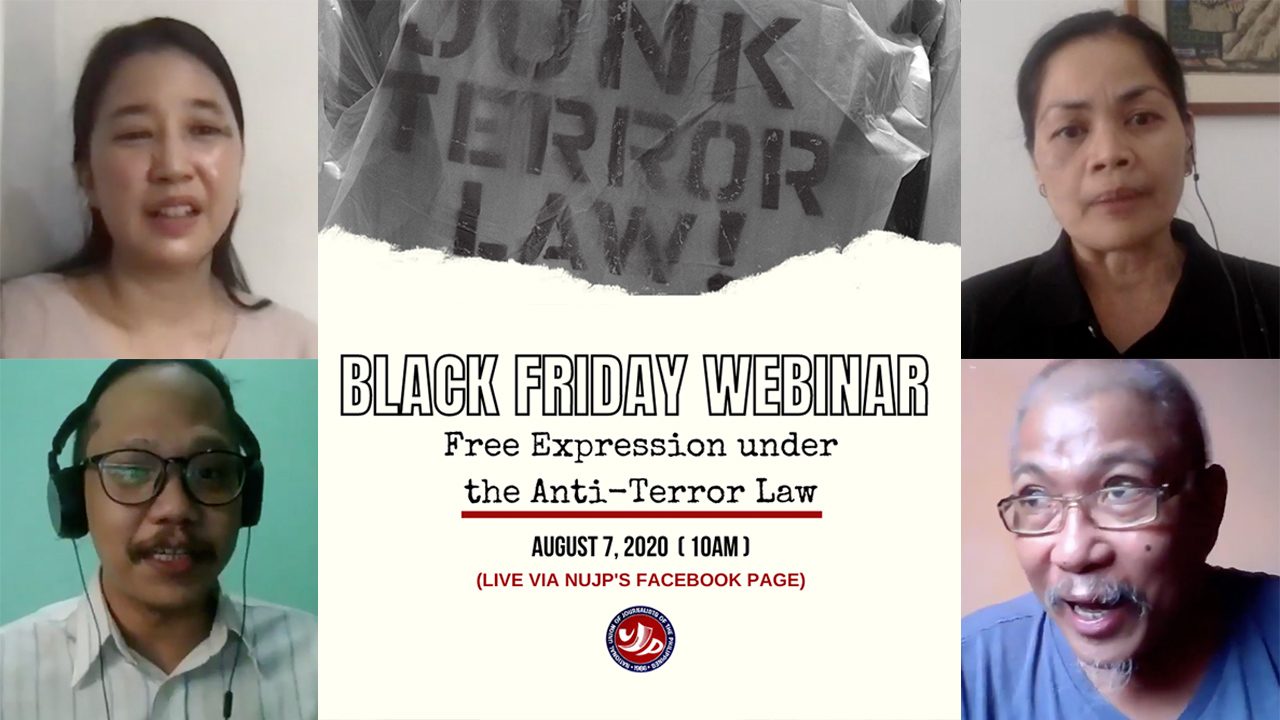
Dissent is necessary for democracy to thrive, media personalities and artists said at a webinar on the anti-terrorism law and related issues on Friday, August 7.
The Black Friday webinar, organized by the National Union of Journalists in the Philippines (NUJP), featured Concerned Artists of the Philippines (CAP) secretary-general Lisa Ito and Rappler managing editor Glenda Gloria. They tackled how the Anti-Terrorism Act of 2020 affects freedom of expression, and ultimately, the state of democracy in the Philippines.

Gloria said dissent is a “necessary ingredient for democracy” as it allows Filipinos to have informed decisions on issues concerning their welfare.
“If democracy is being cut a thousand times, we also have to rebuild it a thousand ways,” said Gloria.
Ito challenged the statements of politicians who equated opposition to the anti-terror law with support for terrorism.
“Kung ang pagtingin po nila sa kritisismo ay kabawasan sa kanilang pagkatao, mapipikon lang sila, at reresbakan nila lahat ng mga critics nila, hindi magkakaroon ng check and balance ang society,” Ito said.
(If they view criticism as something that demeans their character, they get annoyed, and they retaliate against their critics, then there would be no check and balance in society.)
The railroading of the anti-terror law in the middle of a health crisis sparked public outrage. As of August 7, 26 petitions had been filed before the Supreme Court, seeking to declare the law unconstitutional.
Dangers of the anti-terror law
Most of the petitions against the anti-terror law reiterated the analysis of legal experts that the law’s key provisions are vague and likely to lead to a crackdown on dissent rather than on terrorists. They also noted safeguards against abuse in the Human Security Act of 2007 had been removed in the new law. (READ: EXPLAINER: Comparing dangers in old law and anti-terror bill)
Ito brought up these provisions found in Sections 4 and 5 of the Anti-Terror Act of 2020, which essentially broadened the definition of terrorism.
According to Ito, artists exist not simply to speak of “only good things, but also to say the things that need to be said.” Due to the broad definition of terrorism in the anti-terror law, such statements may be misconstrued as “inciting to commit terrorism.”
Filipino rights advocates and concerned citizens have been creative in expressing their dissent during the pandemic. In one of the protests, they arranged a mañanita-inspired program as a nod to the birthday celebration of Metro Manila top cop Major General Debold Sinas, while Luzon was on lockdown.
Others joined Zoom protests and Twitter rallies. Aside from the anti-terror law, these protests were held during and after the congressional hearings on the ABS-CBN franchise renewal and President Duterte’s State of the Nation Address. (READ: Online protest: Is it an effective way to show dissent during a pandemic?)
Despite these creative forms of dissent, journalists, artists, and advocates feared that the anti-terror law has a “chilling effect” among those who want to speak up.
Amid this threat, NUJP chairperson Nonoy Espina called on the media to hold the line and continue to speak truth to power.
“We will weather this somehow…. Ang trabaho natin ay ilabas ang katotohanan (Our job is to report the truth). We owe it to our audience and to our people,” Espina said. – Rappler.com
Add a comment
How does this make you feel?

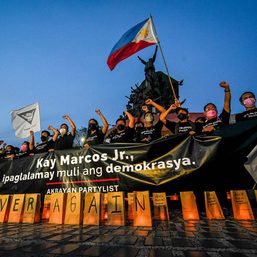
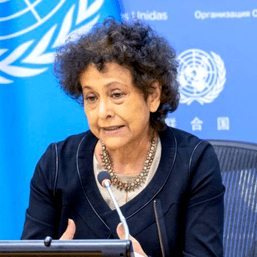
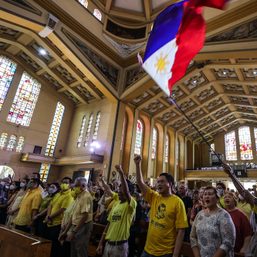
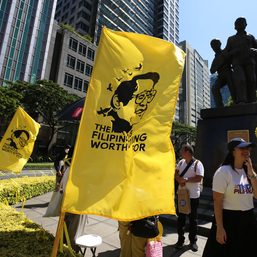
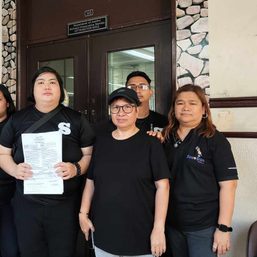

![[Newsstand] The media is not the press](https://www.rappler.com/tachyon/2024/04/tl-media-is-not-the-press-04132024.jpg?resize=257%2C257&crop=281px%2C0px%2C720px%2C720px)
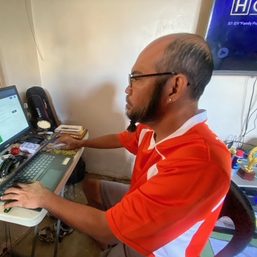

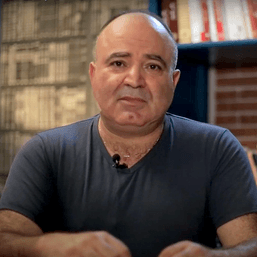
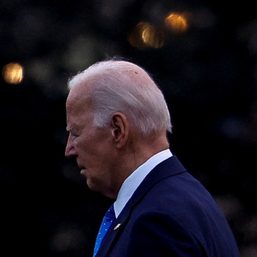

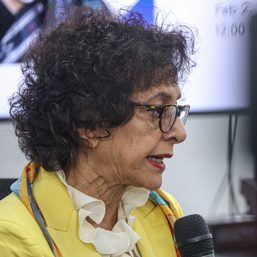
There are no comments yet. Add your comment to start the conversation.